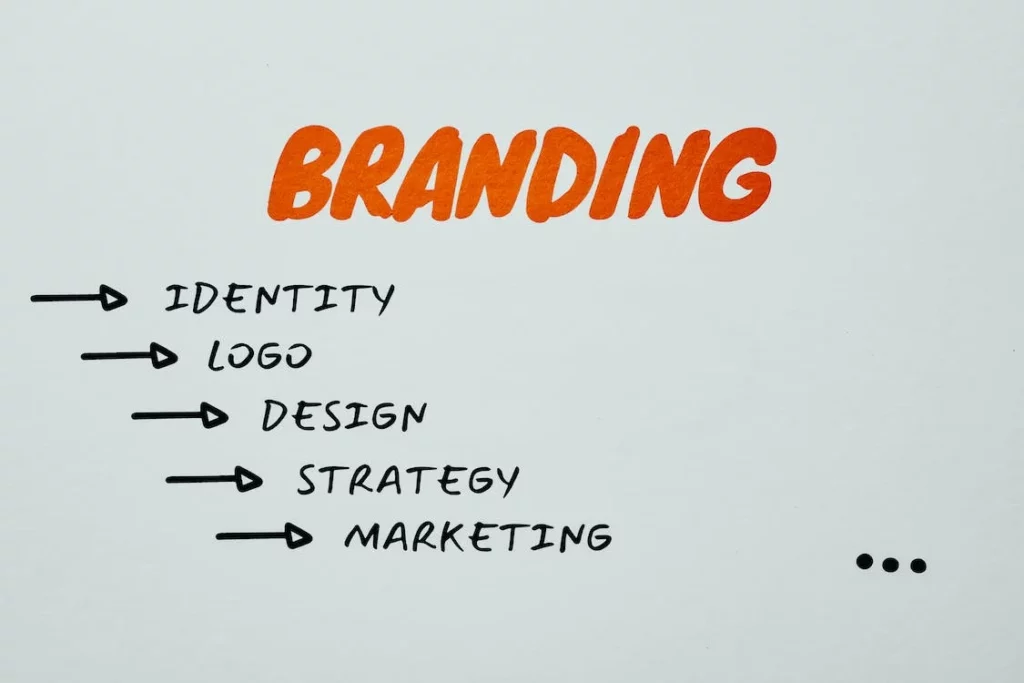It is estimated that, as of 2018, there are over 16 million people who work in the healthcare industry. When the word ‘healthcare’ is used, it conjures up different images for different people. The most obvious ones? Hospitals, healthcare agencies, and outpatient clinics, where care is directly delivered to patients.
As we go a layer deeper, this includes complex manufacturing, distribution, and innovation networks who are delivering health & wellbeing-related products.
The ones that are less obvious, as we go even deeper, include the academic research centres, pharmaceutical companies, biomedical device manufacturers, billing & insurance companies, and IT developers.
Going even broader, even all the product & service developers and distributers who support those who are involved in healthcare work are also part of the healthcare ecosystem – from food service providers to consultants, and fuel suppliers.
This expansive ecosystem gives us a glimpse into the vastness of the healthcare industry. A hospital system executive quoted in an article on Insititute of Coaching says, “there are two kinds of people here — those that deliver care to patients and the rest of us who support them.”
Challenges in the healthcare industry
To say that the work life of a health care professional is stressful would be a grand understatement. Very few industries demand as much from their employees as the healthcare industry does.
For healthcare workers
Like any corporate industry, healthcare workers face a variety of challenges in their jobs, including lack of promotion, work overload, salary caps, lack of staffing, limited training & mentoring as professionals, and more. However, despite difficulties and circumstances, they are expected to adapt to and respond to organisational needs and on-ground requirements with efficiency & swiftness. They are expected to deliver high-quality patient care despite all their career obstacles.
There are, however, many effective methods that can assist with such challenges, such as team engagement, communication, collaboration, and professional development.
For healthcare leaders
The lack of investment in management and leadership infrastructure has led to an adverse impact on the healthcare industry over the last two decades. Simultaneously, the healthcare industry has also seen a shortage since 1990 – from radiologists to nurses to pharmacists, physicians, and administrators, there are not enough workers to match the number of people that require their help and assistance. This is also expected to continue in the near future. This has led to the following impact:
- The high turnover rates in the healthcare industry have led to an aggravation of the already declining labour pool
- The cost of replacing an employee in the healthcare industry also continues to rise. This is in turn leading to mounting costs and puts a strain on the existing staff in hospitals and health care
- A rise in the number of clinical staff members who are frustrated, angry, depressed, and unfulfilled
- Patient care getting negatively affected due to a lack of respect among co-workers
If we were to fix the above issues, we could potentially be looking at an industry where turnovers would be low, staff would be fulfilled, co-workers would function as a cohesive unit, and patients would receive quality care. A win-win for everyone!
For this, the healthcare leaders must seek to introduce innovative recruitment strategies, increase retention rates, and find ways to limit turnover.
This requires an investment in the leadership development of managers as well as leaders who are responsible for the day-to-day operations of healthcare organizations.
Coaching is a potential intervention that can aid in the long-term success of the healthcare industry at large, if applied at scale.
How coaching can help in healthcare
For far too long, coaching has been relegated to the upper echelons; only C-suite executives were able to access coaching until very recently. With the ongoing democratisation of coaching, the benefits of coaching are trickling down the organisational hierarchy and this is good news for the healthcare industry as well. Here’s how coaching can be applied for healthcare professionals:
- As a training & development tool for healthcare professionals to instil a culture of continuous learning
- To aid in the development of emotional intelligence of healthcare leaders in order to develop empathy towards others
- To learn conflict management skills to be able to coordinate activities of headstrong medical professionals who are usually distrusting of non-medical professionals
- To learn to effectively manage employees, trainees, and patients
- To help manage the rapid increase in burnout, moral injury, compassion fatigue, disengagement dissatisfaction, and attrition across the profession
- To train professionals to take on a progressive, goal-oriented approach in the face of adversities
By making continuous improvements in the areas of individual & organizational performance, productivity enhancement, and research evidence incorporation in practice, there can be a decisive impact on the quality of medical services and patient outcomes. For instance, the results of a study conducted by Gifford et al. showed that the enhancement of nurse managers’ leadership behaviours can benefit the facilitation of guideline implementation and thus, positively impact the care of patients.
Thus, leadership development of healthcare managers is vital for implementing and sustaining practice innovation and ensuring high-quality patient- or client-related healthcare delivery within a healthcare system that is getting increasingly complex with time.
Researchers have found that coaching is an important leadership development strategy and can be a valuable investment for the long-term success of healthcare organizations. Further, coaching can be a core competency of agile healthcare leaders who can then, in turn, empower teams to achieve goals and improve patient outcomes.
Sources: Institute of Coaching, Systematic Reviews Journal, Regent
About Simply.Coach
Simply.Coach is an enterprise-grade coaching software designed to be used by individual coaches and coaching businesses. Trusted by ICF-accredited and EMCC-credentialed coaches worldwide, Simply.Coach is on a mission to elevate the experience and process of coaching with technology-led tools and solutions.
Read More:
3 Leadership Coaching Books to Help You Get Better at Your Craft
Smart Strategies to Create a Powerful Leadership Coaching Brand
Developing a Coaching Plan for Leaders, Teams, and Clients
The Leadership Coaching Process and Framework – A Guide

Content Marketing Manager @ Simply.Coach
Ipsita Nayak is a full-time writer-editor-content strategist and a part-time NLP coach and yoga teacher. She believes conventions are overrated, has a disproportionate need for solo time over social time, and loves a good mix of sci-fi and trashy TV in her free time!









